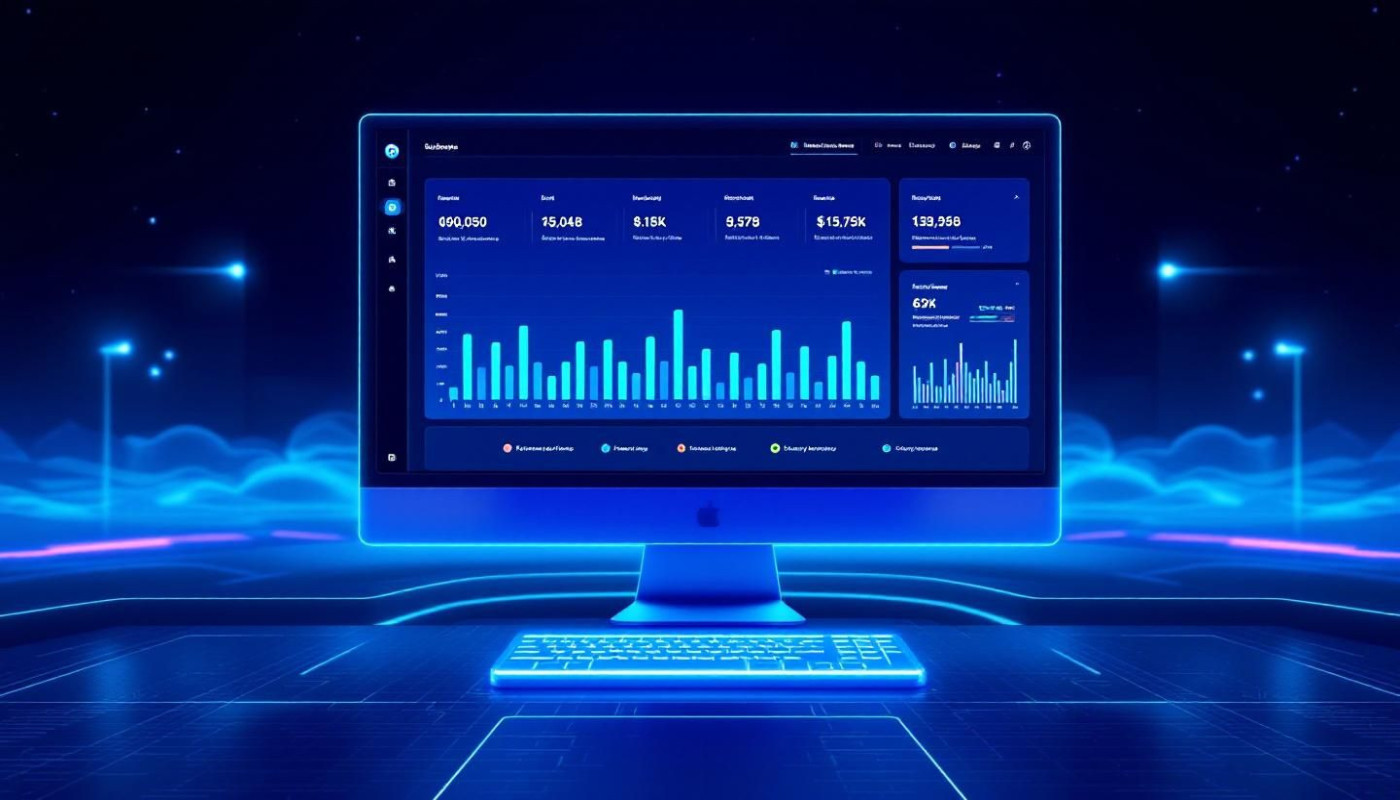Table of contents
Navigating the emotional labyrinth of a breakup can be an arduous journey, often marked by a succession of psychological stages that one must grapple with. In an era where digital platforms have become intertwined with our personal lives, understanding how digital interventions can mitigate the anguish of heartbreak is pivotal. This exploration delves into the emotional metamorphosis post-breakup and how digital tools can offer support during this challenging time. Join us as we unravel the complexities of healing and discover how technology can act as a balm for the wounded heart.
The Anatomy of a Breakup: Understanding Psychological Stages
When navigating the turbulent waters of a breakup, individuals typically traverse a series of psychological stages that mirror the grieving process. The adapted Kübler-Ross model, originally formulated to understand the emotional response to death, provides a framework for recognizing these stages in the context of relationship loss. Initially, one may find themselves in denial, unable to accept the reality of the separation. This is often followed by anger, where feelings of resentment and frustration emerge towards oneself, the ex-partner, or the situation at large.
The next phase, bargaining, involves individuals ruminating on what could have been done differently to prevent the breakup, accompanied by a longing to restore the relationship. As the gravity of the loss sets in, depression can take hold, characterized by deep sadness and a sense of hopelessness. With time and emotional healing, the final stage of acceptance is reached, where one acknowledges the reality of the situation and begins the journey of psychological recovery.
Embarking on a nocontact app in the aftermath of a breakup can be an effective strategy to support individuals through these stages. By minimizing contact with the ex-partner, one can create the necessary space for self-reflection and healing, which is paramount in progressing through the emotional stages of breakup.
Digital Intervention: A Modern Solution to Heartbreak
In the wake of a romantic split, individuals often seek solace and guidance to navigate the tumultuous waves of emotion. Digital intervention represents a contemporary approach to providing this support, utilizing technology to bridge the gap between traditional therapy and the immediacy of one's needs. This form of assistance manifests in various guises, including tailored breakup apps, which offer personalized coping strategies, and support forums, where shared experiences foster a community of understanding and empathy. Additionally, the emergence of online therapy or teletherapy has enabled real-time, professional emotional support, accessible from the privacy and comfort of one's own space. Such technological advances in emotional support technology enable a certified digital therapist or a tech-savvy mental health professional to offer effective strategies for those in distress, transforming the digital landscape into a therapeutic sanctuary amidst the storm of a breakup.
Benefits of Digital Intervention in the Healing Process
The journey of healing from a breakup can be arduous and complex, yet the integration of digital health tools into this process presents unparalleled advantages. One of the standout benefits is their round-the-clock availability; unlike traditional therapeutic services that operate within set hours, digital platforms afford users access to emotional support any time of day, thus catering to the immediate needs of those grappling with the aftermath of a relationship's end. In tandem with 24/7 counseling options, these tools offer a level of anonymity that can be comforting for individuals who may feel reluctant to share their vulnerabilities in a face-to-face setting. Anonymity in therapy can encourage more open communication and ease the stigma sometimes associated with seeking help. Additionally, digital health interventions are tailored to the user's specific circumstances, delivering a more personalized experience than generic advice or support groups can provide. These characteristics underscore why digital interventions are becoming increasingly recognized as a viable and effective component in the recovery toolkit for anyone journeying through the emotional upheaval of a breakup.
Navigating Digital Spaces Safely Post-Breakup
In the aftermath of a romantic separation, managing one's digital life becomes a significant concern. During this emotionally charged period, it's imperative to navigate social media and other online platforms with a heightened sense of responsibility. Key strategies include managing social media post-breakup by curating one's feed and ensuring privacy settings are tight to maintain digital privacy. Avoiding digital stalking, both as the one experiencing heartache and as a friend offering support, is a vital aspect of online safety. Experts in cyberpsychology stress the importance of setting healthy online boundaries; this involves recognizing when to disconnect and giving oneself permission to step back from constant online engagement. Adhering to these guidelines not only protects one's emotional well-being but also fortifies one's personal security in the digital realm.
Challenges and Considerations of Digital Interventions
While digital interventions offer accessible psychological support in the wake of a breakup, acknowledging their therapeutic limitations is imperative. Individuals seeking solace online must understand these boundaries to set realistic expectations. The importance of digital literacy cannot be understated; without it, users may struggle to navigate digital platforms effectively, potentially compounding their distress. Additionally, self-help accessed through digital means should not be misconstrued as a substitute for professional psychological help. There may be cases where the complexities of one's emotional state require the nuanced understanding of a therapist or counselor. In such instances, recognizing the need for and seeking additional professional advice is a sign of self-awareness and strength. Ultimately, the efficacy of digital interventions hinges on their appropriate use and the acknowledgment that they serve as a complement, rather than a replacement, for in-depth, personalized care.
Similar articles










